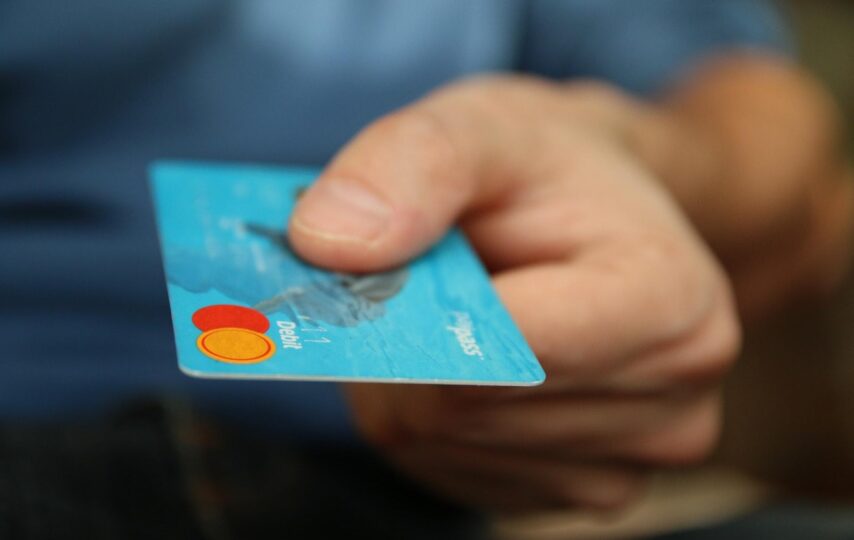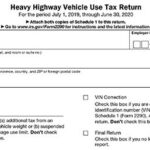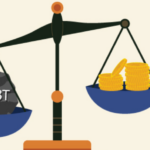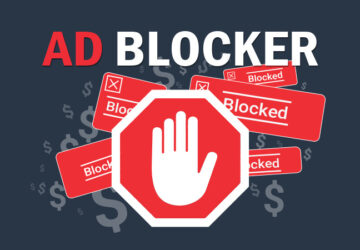Dealing with debt is a common concern for many, but what happens when a debt becomes delinquent?
Understanding delinquent debt and its implications can be critical for financial health.
This guide aims to provide a comprehensive understanding of delinquent debt, explaining its causes, consequences, and ways to manage it.
From credit scores to legal rights, this guide covers everything one needs to know.
Definition of Delinquent Debt
Delinquent debt refers to any financial obligation that has not been paid by the due date.
After a specific period, typically 30 days past due, the debt is considered delinquent.
To clarify the delinquent debt meaning, think of it as an unpaid credit card bill that has surpassed its payment deadline.
This status affects not only your relationship with the creditor but also your credit report.
The consequences can be far-reaching, impacting future borrowing abilities and even employment prospects.
Understanding the intricacies of delinquent debt requires delving into its progression.
Initially, when a debt goes unpaid for just over a month, most creditors will start notifying the debtor, often through letters or phone calls.
These reminders serve as both a nudge and a warning, illustrating the importance of addressing the issue promptly.
As the debt remains unpaid, reaching around two to three months past due, the gravity of the situation escalates.
The creditor’s persistence intensifies, and there might be additional fees or higher interest rates applied to the outstanding balance.
This phase, especially, is a critical junction as it stands as a last-resort for many before the more serious consequences set in.
If a debt remains unpaid beyond the three-month mark, the repercussions become even graver.
The creditor might decide to hand over the account to a collection agency, signaling a more aggressive attempt to recover the funds.
For instance, consider Lucy, a diligent mother who inadvertently missed a credit card payment.
She navigated the progression of her delinquent debt, experiencing the mounting pressure, but managed to address the situation before it escalated to the collections stage.
Grasping these stages emphasizes the necessity of swift action in dealing with overdue debts, illustrating the compounding challenges that come with prolonged delinquency.
Causes of Delinquent Debt
Delinquent debt often arises from common and sometimes unavoidable circumstances.
For example, John, a diligent worker, suddenly lost his job and struggled with mortgage payments, eventually leading to delinquency.
Other factors may include:
- Poor Financial Planning: Failing to budget or living beyond means.
- Unexpected Expenses: Medical emergencies, car repairs, or other unforeseen costs.
- Loss of Income: Job loss or reduction in wages.
Understanding the root causes helps in both prevention and resolution of delinquent debt.
The Impact on Credit Score
The effect of delinquent debt on a credit score can be severe and lasting.
Imagine Sarah, who missed several payments on her car loan.
Her credit score dropped significantly, affecting her ability to finance a new home later on.
Here’s how delinquency works:
- Immediate Effects: Even one missed payment can lower a credit score.
- Long-term Consequences: Persistent delinquency leads to collection actions and potential legal issues, hindering credit repair for years.
Understanding these implications emphasizes the importance of timely payments and managing finances effectively.
Ways to Avoid Delinquency
Avoiding delinquent debt is preferable to dealing with it after the fact. Consider the following strategies:
- Budgeting and Planning: Like Mary, who sets aside funds for her bills, creating a solid budget helps in timely payments.
- Emergency Funds: Having savings for unexpected situations can prevent missed payments.
- Open Communication: If difficulties arise, timely communication with creditors, as in the case of Tom who negotiated a temporary payment reduction, can make a difference.
These proactive steps can prevent the stress and negative consequences associated with delinquent debt.
Handling Existing Delinquent Debt
If delinquent debt occurs, it is not an insurmountable obstacle. Effective management can include:
- Self-assessment: Evaluating one’s financial situation and determining the best course of action.
- Negotiating with Creditors: Just like Emily, who successfully reduced her interest rate by discussing her situation with the bank, negotiation can be vital.
- Seeking Professional Help: Sometimes, credit counseling or debt consolidation may be the best option.
Whether self-managing or seeking professional assistance, having a plan is key to resolving delinquent debt.
Legal Aspects of Delinquent Debt
The legal considerations of delinquent debt are often overlooked but are essential to understand.
Consider these aspects:
- Statute of Limitations: Depending on jurisdiction, there’s a limit to how long a creditor can pursue delinquent debt legally.
- Rights of the Debtor: Individuals have protections, such as not being harassed by debt collectors.
- Understanding Collections: If a debt goes to collections, understanding the process and your rights is vital, as exemplified by Peter, who was able to navigate the process successfully with proper knowledge.
Being informed about legal rights and responsibilities can provide additional leverage in handling delinquent debt.
Conclusion
Delinquent debt is a challenge that many face, but with a clear understanding of its meaning, causes, and consequences, as well as effective strategies to avoid and handle it, financial stability is attainable.
Remember John, Sarah, Mary, Tom, Emily, and Peter? Their situations demonstrate that with the right knowledge and actions, dealing with delinquent debt is a hurdle that can be overcome.
Whether learning the delinquent debt meaning for prevention or seeking ways to resolve existing debt, this guide offers practical insights for a healthier financial future.








